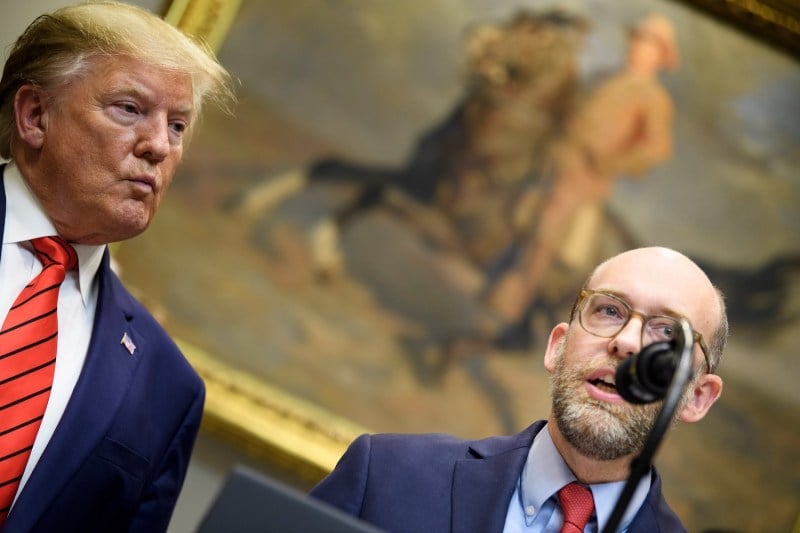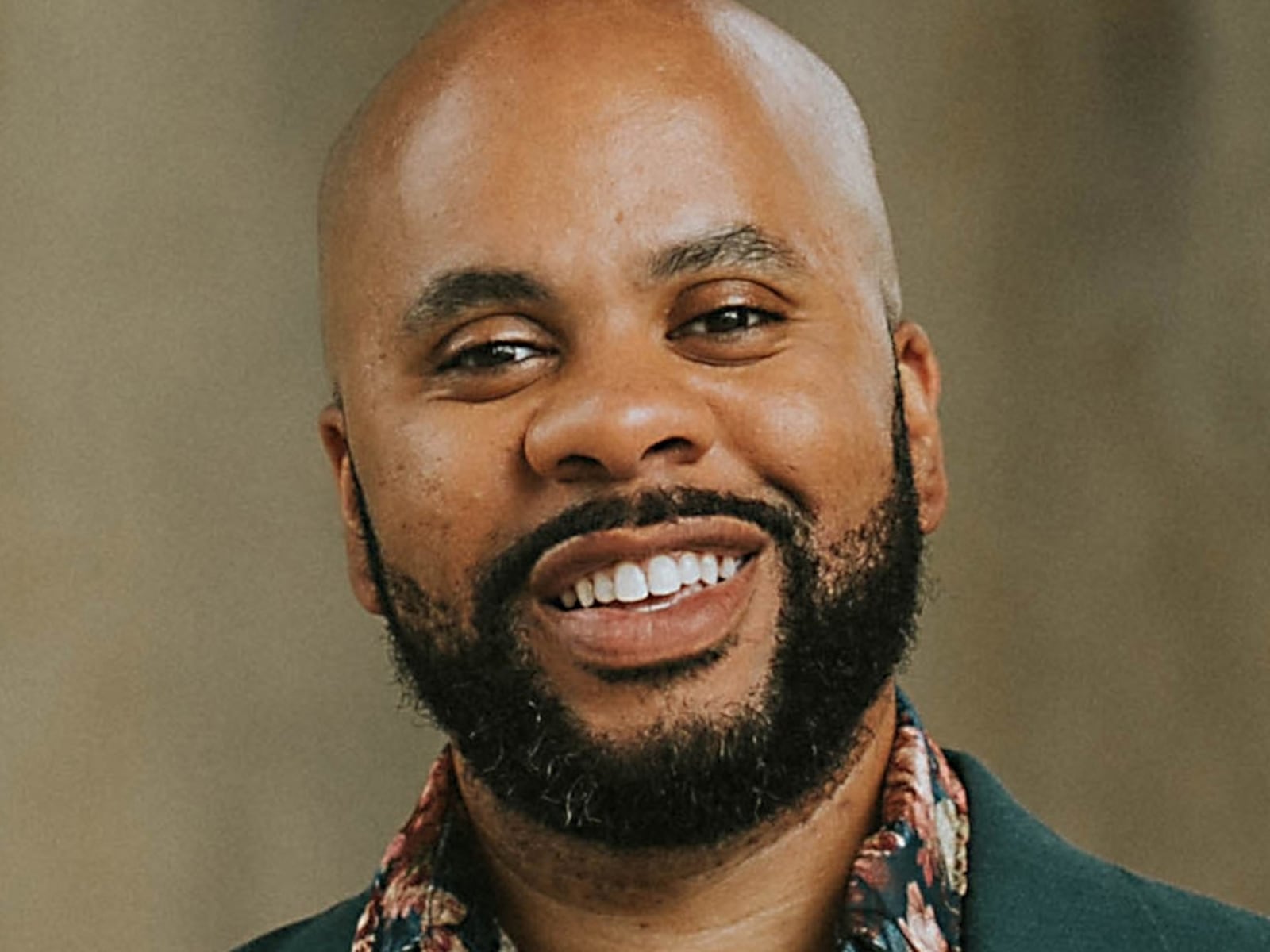
Russell Vought, the current director of the Office of Management and Budget (OMB), is emerging as a significant force in Washington. His leadership is marked by a determined strategy to reshape federal operations, particularly through his involvement in Project 2025, an initiative aimed at altering the administrative landscape of the federal government. Vought’s approach contrasts sharply with more flamboyant figures, utilizing existing bureaucratic processes to advance his agenda without the public spectacle associated with others.
Vought’s Strategic Maneuvering within the OMB
Vought’s authority stems primarily from his control over the OMB, an office that, despite its understated reputation, wields substantial influence across government operations. As noted in a profile by Andy Kroll in The New Yorker, the OMB’s power lies not in its visibility but in its extensive capabilities to shape policy and budgetary priorities.
The OMB’s evolution began with the Budget and Accounting Act of 1921, which established the Bureau of the Budget (BOB). This act was a response to the need for a more efficient governmental structure during a time of increasing federal responsibilities. The BOB’s role transformed significantly over the decades, culminating in its rebranding as the OMB under President Richard Nixon. Nixon recognized the potential of the OMB as a tool to enhance executive power, particularly in budgeting and regulatory oversight.
During the Reagan administration, the OMB further solidified its influence, especially under directors like David Stockman. Stockman aggressively pursued budget cuts and tax reforms, notably the Economic Recovery Tax Act of 1981, which slashed the top tax rate from 70 percent to 50 percent. His tenure marked a pivotal moment when the OMB became a key player in legislative processes and executive decision-making.
The OMB’s Role in Modern Governance
As Vought continues to lead the OMB, he is building on this legacy, asserting the office’s role in scrutinizing agency regulations and budget requests. He has employed the OMB’s authority to impose stricter evaluations of new federal regulations, requiring agencies to conduct economic analyses of any proposed rules that could have significant financial implications.
Vought’s methods reflect a broader strategy to dismantle aspects of the government that he and his supporters view as impediments to conservative governance. By leveraging ambiguities in existing regulations, he is pushing the boundaries of executive power, a tactic that has raised concerns about potential overreach.
The influence of the OMB has grown substantially, not only as a budgeting entity but also as a regulatory authority that engages directly with Congress. This shift has led to a greater concentration of power within the executive branch, which many observers argue could have long-lasting effects on the governance landscape in the United States.
While Vought’s influence is felt now, it raises questions about the implications for future administrations. The structural changes initiated under his leadership, if left unchecked, could allow subsequent presidents to further expand executive authority. As noted, without stronger checks on this power, future leaders may exploit the framework established by Vought and others to pursue their own agendas, potentially undermining the intentions of previous administrations.
In summary, Russell Vought’s role as OMB director places him at the forefront of a significant transformation in federal governance. His strategic use of administrative processes marks a new chapter in the ongoing evolution of executive power, raising important considerations for the future of American politics.






